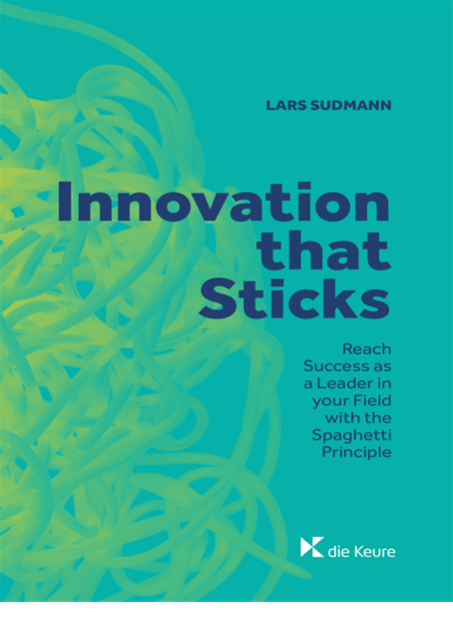A 2010 study by the American Management Association has shown that communication is one of the 4 foundational management skills of the 21st century (the others being critical thinking, collaboration and creativity).
We need communication more than ever to coordinate a multitude of projects and navigate our complex world. However communication was actually the skill where CEOs in the study saw the biggest development gap in their organizations.
One of the fundamental principles of communication in my view is the toothpaste principle.
What is the toothpaste principle? It goes like this: “Once the toothpaste has left the tube it is very hard to get it back inside.”
The same for your communication – even if we wish we could take back that negative or destructive comment it is not possible, and this especially in a world where your destructive email ping-pong reaction will be stored forever (“What, did he really write this…let me write back…unacceptable message!!!…”)
Here are three ways to make the toothpaste principle work, that means how you can actually stay calm and focused before you answer or communicate.
#1 Think about which of the “four ears” you’re currently listening with
Psychology professor Schultz von Thun distinguishes four ears with which we listen. Just imagine the following situation. Your boss comes along and tells you that your table is full. Here is what we hear: Fact ear: “the table is full”; relationship ear: “my boss thinks s/he should tell me whether my table is full”; Revelation ear: “my boss cares about full tables”; you should ear: “hm, does that mean that I should clean up my table?!” There are probably many more ears. However, knowing with which you are listening is very important before you reply.
#2 S + R = O
This stands for Stimulus plus Response equals Outcome. Think about the last time you received a nasty email or somebody said something aggressive to you. Chances are high that immediately your emotions took over and you want to answer straight away and shout back or reply to that email. Don’t. We humans have the great ability to pause and reflect. Count “21, 22…” in your head before reacting on a tough comment. Breathe in 10 times before hitting that “send” button. Or even better: take a short walk. And then you can choose your response with a much cooler head.
#3 Never Assume
In a study by professor Epler at the university of Chicago people were asked whether they could truly understand the tone of an email. They thought they could. But in reality, their odds were “not better than flipping a coin”. We have a very hard time to accurately read “between the lines”. So never assume. Ask instead: “Did I understand it correctly that…?” And you will be surprised by the answers.
I hope that these tips help you put the “toothpaste principle” into action. Especially in challenging times, during tough negotiations or conflicts with co-workers it is important to keep and not destroy a relationship. With this, lay the foundation for great communication.
Do you have other strategies? I’d love to hear about them.
See here for a list of my top 10 book recommendations on interpersonal communication.



